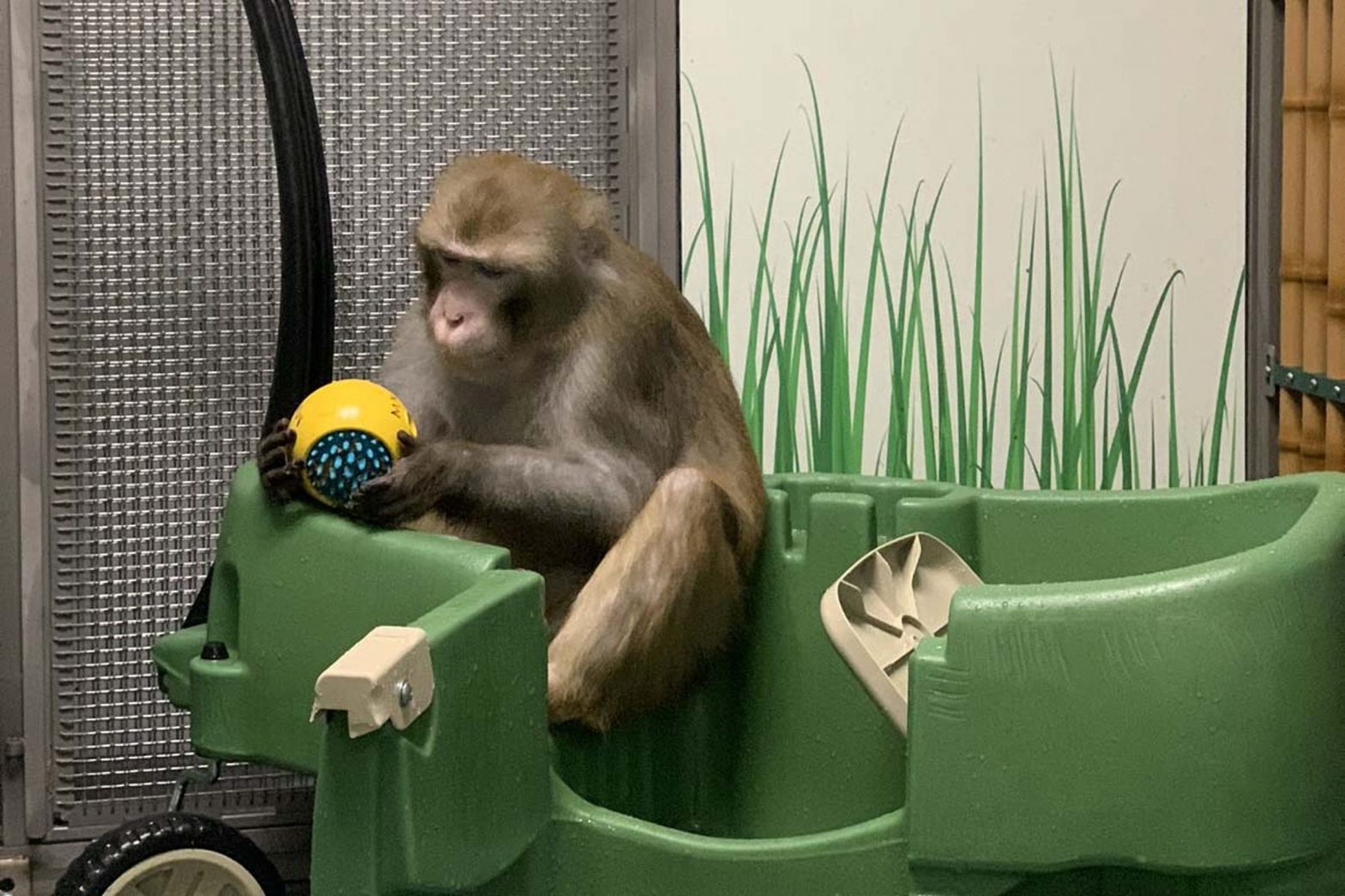/
Employees are said to have raised concerns internally that demands for fast progress are causing unnecessary mistakes.
:format(webp)/cdn.vox-cdn.com/uploads/chorus_asset/file/24267246/blog_post_3_animal_welfare_buzz_foraging.jpg)
Neuralink, the brain implant company founded by Elon Musk, is reportedly facing a federal probe over the treatment of animals used in its experiments. Reuters reports that a probe was recently opened by the US Department of Agriculture’s (USDA) inspector general and focuses on potential violations of the Animal Welfare Act. A spokesperson for the USDA inspector general declined to comment to Reuters on its report.
Although Reuters says it’s unclear how wide-ranging the probe is, the news agency details a range of concerns over animal welfare raised in interviews with more than 20 current and former Neuralink employees. These include reports that, in one experiment, 25 out of 60 pigs allegedly had the wrong size of device installed as part of a study, while on another occasion, two separate pigs had devices installed on the wrong vertebra, leading to one needing to be euthanized to end its suffering.
Neuralink’s aim is to develop ways for the human brain to interface directly with computers to help treat a range of neurological conditions and even help paralyzed people walk. So far, the company has made a number of public demonstrations of its technology being used by animals, including showing a monkey playing Pong with its brain and another typing on a computer using an implant.
It is common for animals used in scientific tests to be killed after experiments are completed so that their autopsies can provide further data. But current and former Neuralink employees interviewed by Reuters said that testing mistakes can lead to excess deaths by requiring tests to be repeated. They can also make the resulting data less accurate. Reuters reports that Neuralink has killed around 1,500 animals since 2018.
None of this is firm evidence of wrongdoing (and Reuters notes that Neuralink has passed all USDA inspections), but employees have reportedly raised concerns internally that Musk’s drive for quick progress has created an environment filled with what Reuters calls “under-prepared and over-stressed staffers scrambling to meet deadlines.” Musk’s attempts to motivate employees to work faster reportedly include telling staff to imagine they have a bomb strapped to their heads. Reuters says the CEO also wrote in an email in February this year, “In general, we are simply not moving fast enough. It is driving me nuts!”
Publicly, Musk has been bullish about the potential for Neuralink to start human trials in the near future. At a recent event, the Tesla and now Twitter CEO said that he hoped to install the device in a human’s head within the next six months. Musk previously said he hoped to start human trials in 2020 and then in 2022.
Neuralink has faced criticism for its treatment of animals before. Earlier this year, a nonprofit called the Physicians Committee for Responsible Medicine (PCRM), which is against the use of animals in medical experiments, alleged that, in a study funded by Neuralink, scientists at the University of California, Davis treated monkeys involved in one of its experiments inhumanely. Neuralink responded to the allegations, saying that “the facilities and care at UC Davis did and continue to meet federally mandated standards.”
Neuralink did not respond to The Verge’s request for comment. Reuters’ report is well worth reading in its entirety.
